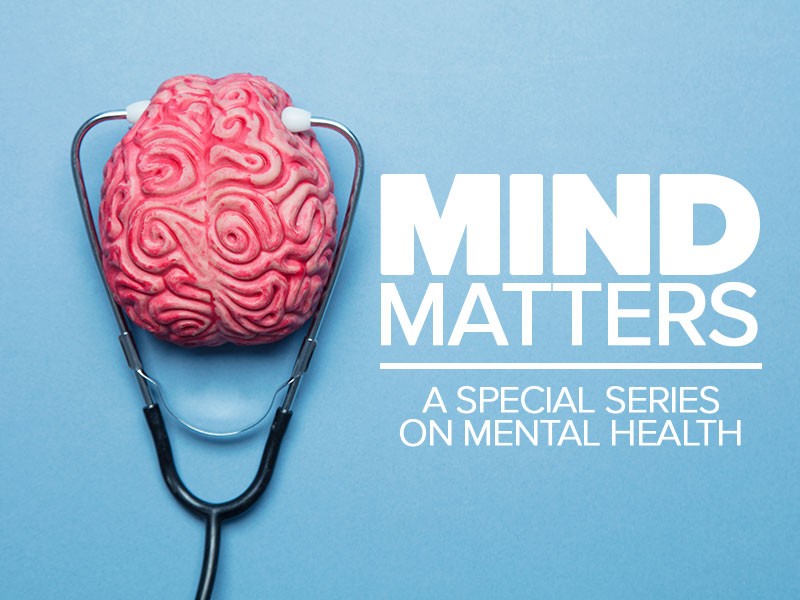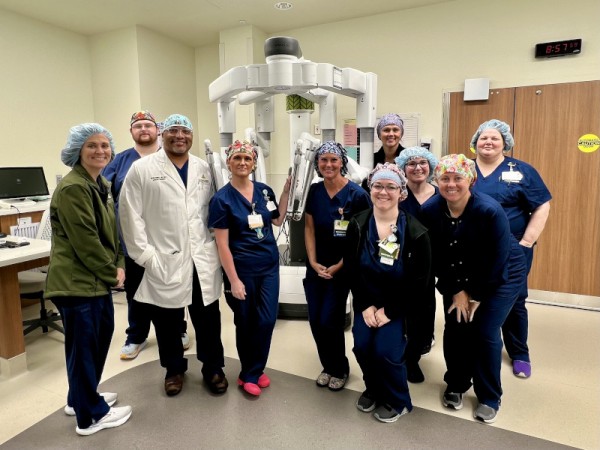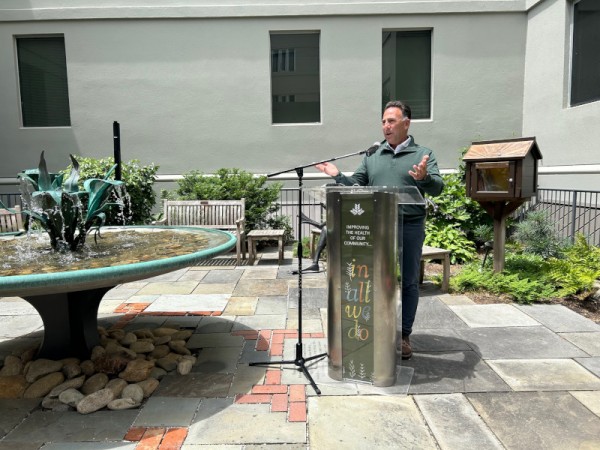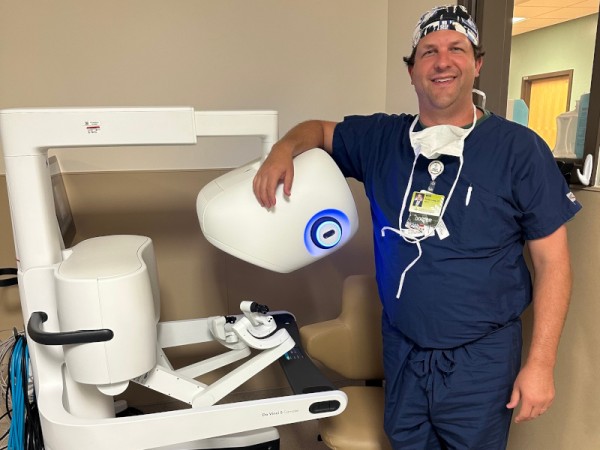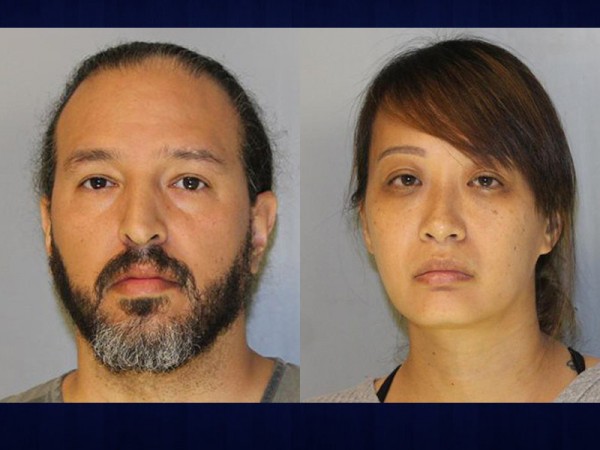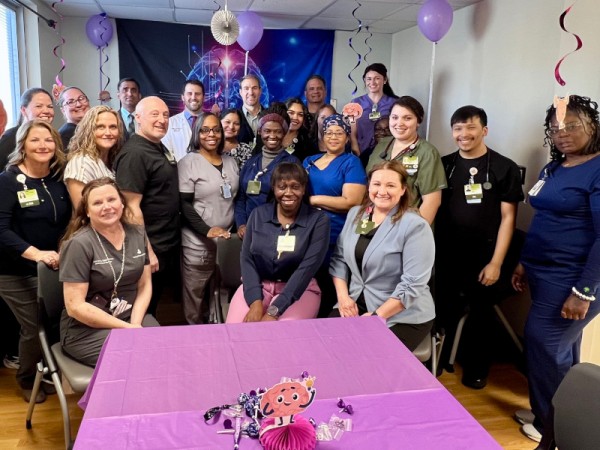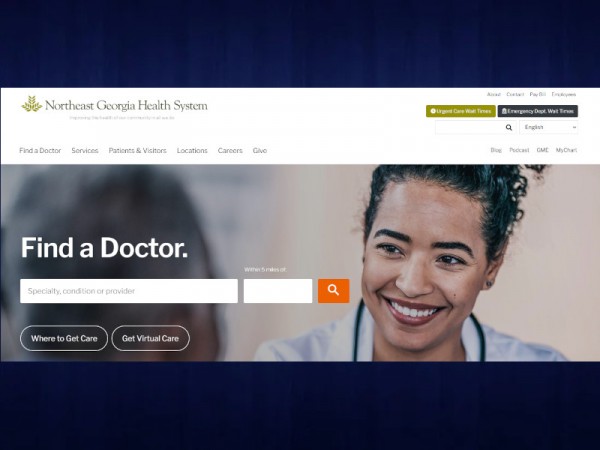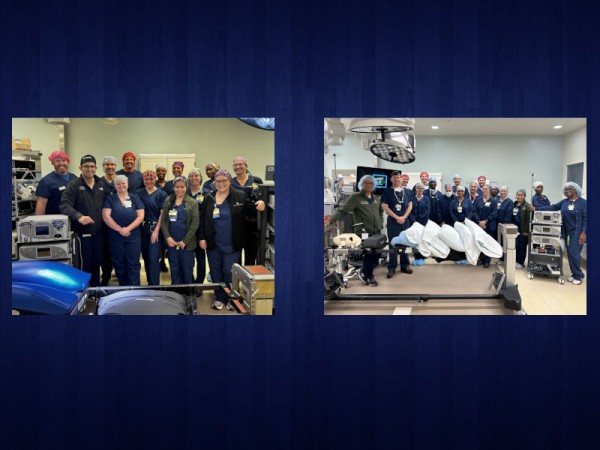This is the third of a four-part series of articles we're calling Mind Matters. Each Thursday at 5 p.m., WDUN's "Newsroom" will feature a different aspect of mental health and on Friday, an article will appear on AccessWDUN on the same topic.
One in four Americans will be diagnosed with a mental illness. Every 11 minutes someone kills themselves. But it doesn't have to be that way.
One way to prevent suicides is by making connections and reaching out to friends or family who may be having a mental health crisis.
Adam Raulerson, behavioral health manager at Northeast Georgia Medical Center, said being there for a friend is important, and so is being persistent if you think the person isn't being honest about how they feel.
"We all have those moments where we may not be feeling great, or there may be some stress in the family, or maybe it's not going well," Raulerson said. "One thing that we do is we teach individuals to look for those warning signs and clues where maybe this is a little bit more than just feeling down. Maybe you see somebody who doesn't have the same interest in certain things that they used to before. They start to isolate a little bit, or maybe they seem more irritable, or kind of on the edge."
Raulerson said listening to the person is a great positive action because it allows the struggling person to feel safety and trust to share what's going on.
"If we open the doors for that conversation, and we actually say, 'I know you say you're fine, but here's what I've seen, and I'm really concerned about you and I care about you,' it provides that safe space for the person to know I can share with you what's really going on," he said. "Make sure people understand that you're there for them, you care for them. You don't have to have all the answers, but you know that you can walk with them through this process."
Raulerson knows that suicide is a difficult topic to discuss, but he said people should not be afraid of making the person angry or afraid of planting the idea of suicide.
"The myths out there that says, if you talk about it, you're going to plant some seeds, or people think they're going to put an idea in their head." Raulerson said. "It's just not true. The more we talk about it, the lower our rates actually go."
Mental health professionals have seen an uptick in mental health cases for several years. But the coronavirus pandemic made things worse, especially for people who were already struggling mentally.
"What the pandemic did was create this isolation where we weren't able to connect, like we normally do," he said. "We weren't able to go to church and be with our friends and family. We weren't able to visit maybe our family members. The things we were accustomed to that helped us went away. And it kind of exacerbated if somebody was already struggling with things like anxiety and depression"
Special suicide prevention training is available in our community to help people know how to help others. It is called Q-P-R, which stands for Question, Persuade, Refer." You can find times when the training is offered both in person and virtually on the United Way of Hall County's website.


